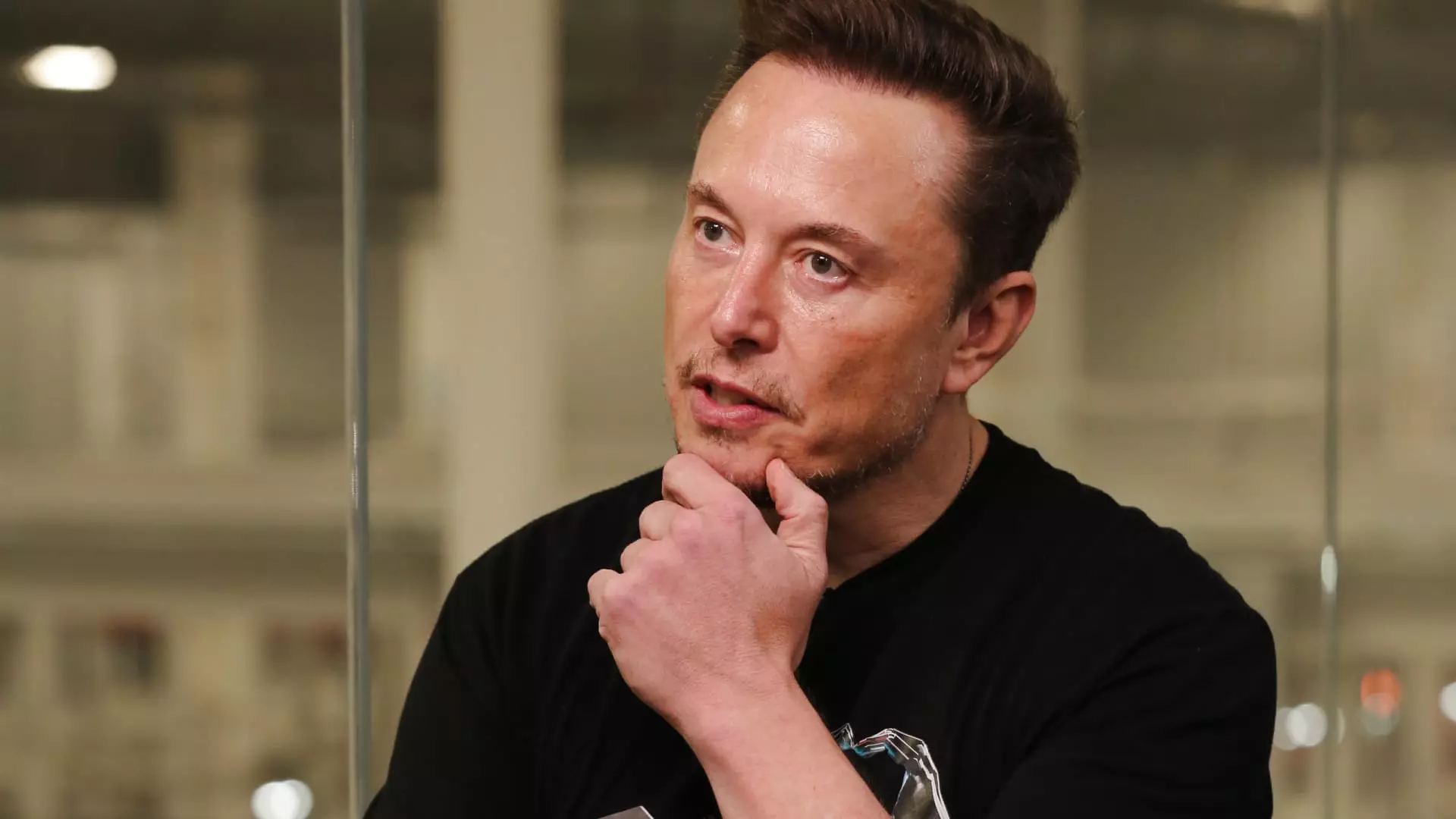Tesla recently announced a significant layoff of more than 10% of its global workforce, a decision that was conveyed to employees through a memo from CEO Elon Musk. This move was justified as a means to prepare the company for the next phase of growth by focusing on cost reductions and enhancing productivity. While restructuring is a common practice in the business world, the timing and extent of this decision raise questions about the company’s stability and long-term vision.
The electric vehicle market has been rapidly evolving, with Tesla facing increasing competition from both established automakers and emerging players. The rise of Chinese companies like BYD and Xiaomi poses a significant threat to Tesla’s dominance in the EV space. The recent decline in Tesla’s vehicle deliveries and market share indicates a shift in consumer preferences and a failure to innovate and adapt to changing market dynamics.
Tesla’s decision to reduce the subscription price of its Full Self-Driving (FSD) option for U.S. customers may have been a tactical move to attract more buyers, but it also raises concerns about the company’s profitability and pricing strategy. Musk’s contradictory statements about the FSD system and its functionality further undermine Tesla’s credibility and trustworthiness among consumers and investors.
The decline in Tesla’s operating margin from 16% to 8.2% in the fourth quarter of the previous year indicates a worrisome trend of reduced efficiency and profitability. The company’s warning about lower vehicle volume growth in the coming years suggests a lack of confidence in its ability to sustain its growth trajectory. The logistical challenges faced by Tesla, such as supply chain disruptions and production interruptions, further highlight the operational risks associated with the company’s expansion strategies.
Tesla’s recent workforce reduction, market challenges, pricing strategies, and operating margins reveal a company in crisis. The lack of a clear vision, consistent leadership, and competitive edge threaten Tesla’s position in the electric vehicle market. As the company navigates through turbulent times, it must reevaluate its business model, innovation strategy, and corporate culture to regain investor confidence and consumer trust. Failure to do so may result in further setbacks and a loss of relevance in an increasingly crowded and competitive industry.


Leave a Reply